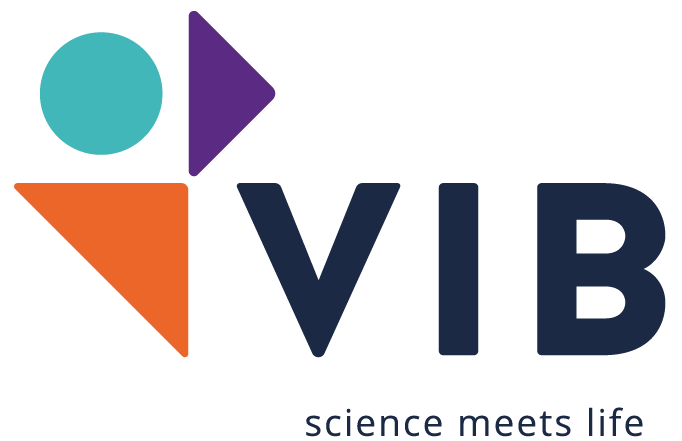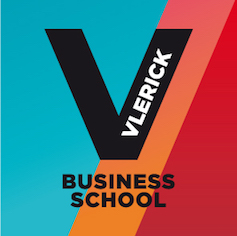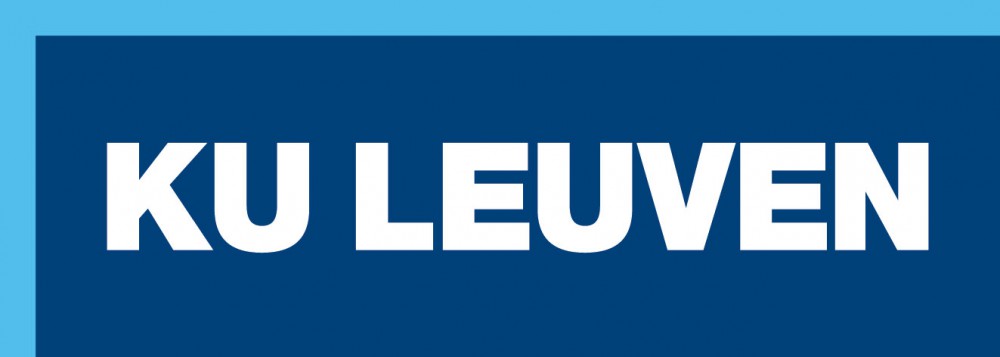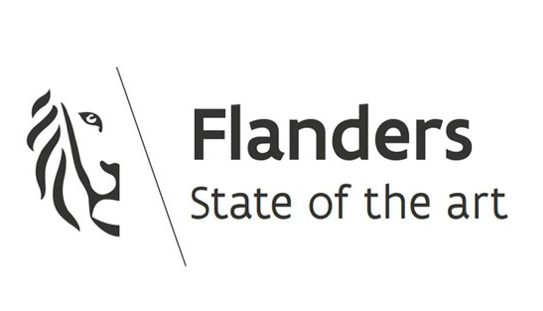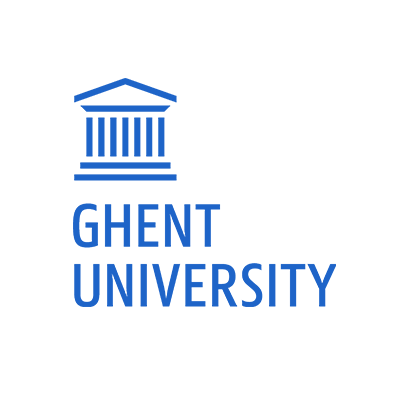Wired for recovery
Will a miniature device implanted in the brain help stroke survivors in their recovery? That is what Ugur Kilic (KU Leuven - FWO) researches in her PhD. Find out more in this video!
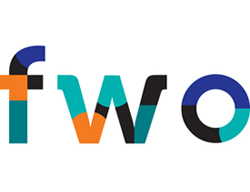

About us
Science Figured Out lures scientists out of their trusted lab or office space and places them in front of a camera with a clear task: inform the general public in a clear 3-minute pitch about your research!
The project is an initiative of the non-profit SciMingo
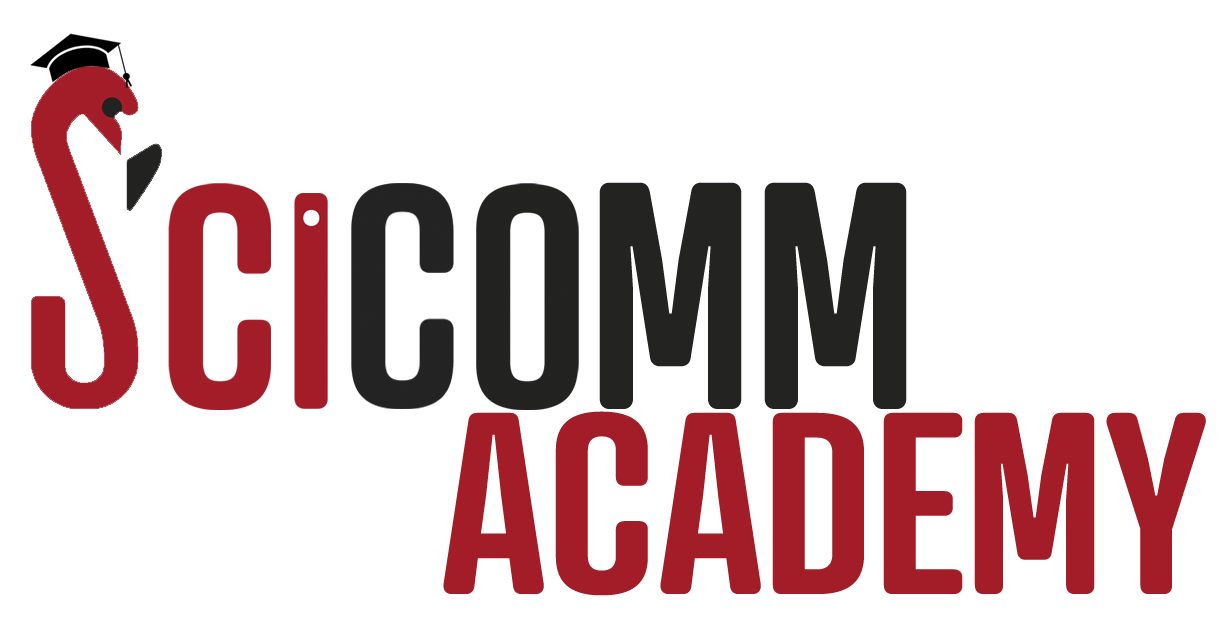
Do you want to record a Science Figured Out movie about your research?
Follow the video & pitch course via our SciComm Academy
Search videos

FWO
KU Leuven
Fitness in science: growing muscles in the lab
Jasper Smet is working (out) in the lab: he wants to grow 3D human muscles to help those with muscle diseases and injuries. By piecing together tiny muscle sections in the lab, he aims to create realistic human muscle models. These could be used to unravel how muscles work, test the effect of drugs, and one day perform transplants in people with severe muscle injuries. Muscle up!

Improving CPR training with virtual reality
Would you be able to perform CPR if a loved one suddenly collapses due to a cardiac arrest? Not enough people are properly trained in CPR; even when they are, they often feel reluctant to act in high-stress situations. "Standard CPR training is done on a manikin and doesn't prepare you for a real emergency, full of stress and chaos", says Anne-Astrid Agten. She wants to change this using virtual reality.

FWO
KU Leuven
What if teeth could heal themselves?
Did you know that growing up, one in four children worldwide experience a traumatic dental injury? Current treatments for these injuries aren't optimal, nor long-lasting, and render the tooth brittle, leading to possible tooth loss. But what if teeth could heal themselves? That's what Una Ivkovic sinks her teeth into: a hydrogel that guides stem cells to the injury to generate new dental tissue and restore the damaged tooth 🦷

KU Leuven
Looking for extraterrestrial life on an exoplanet
Does extraterrestrial life exist? To date, Thomas Konings has not discovered any extraterrestrial neighbors. But he diligently continues his search. That search for extraterrestrial life starts with the search for habitable planets. To do this, Thomas and his colleagues look at exoplanets, planets outside our solar system. But how do you study planets billions of kilometers away from us? Thomas tells you in this video.

KU Leuven
Need to pee again?
You know the feeling of having to pee when you just went to the bathroom 20 minutes ago? Then you may be suffering from an overactive 'bladder'. The problem is not so much in your bladder, but well over a meter higher, as it's your brain that decides when you need to pee. Anugrah Santoso looks for abnormal brain patterns that can lead to this recurring urge to pee.

KU Leuven
Climate change affects beer
Summer, sun and a cold beer. ☀️ 🍺 It's the perfect combination for beer lovers. But did you know that the changing climate creates challenges for brewers? It affects the starch, a key component of the barley from which beer is made. 🌾 As a result, from the same amount of barley, you get less alcohol and therefore less beer. Fortunately, bioengineer Charlotte De Schepper is developing some new strategies to deal with the changing starch properties. Cheers! 🍻




